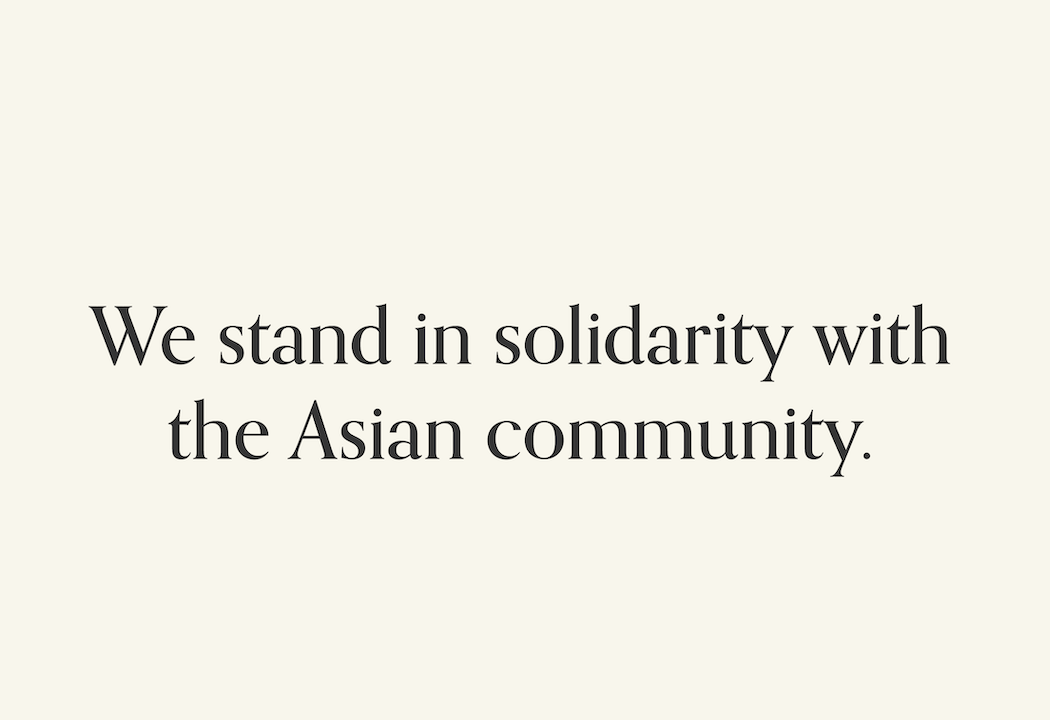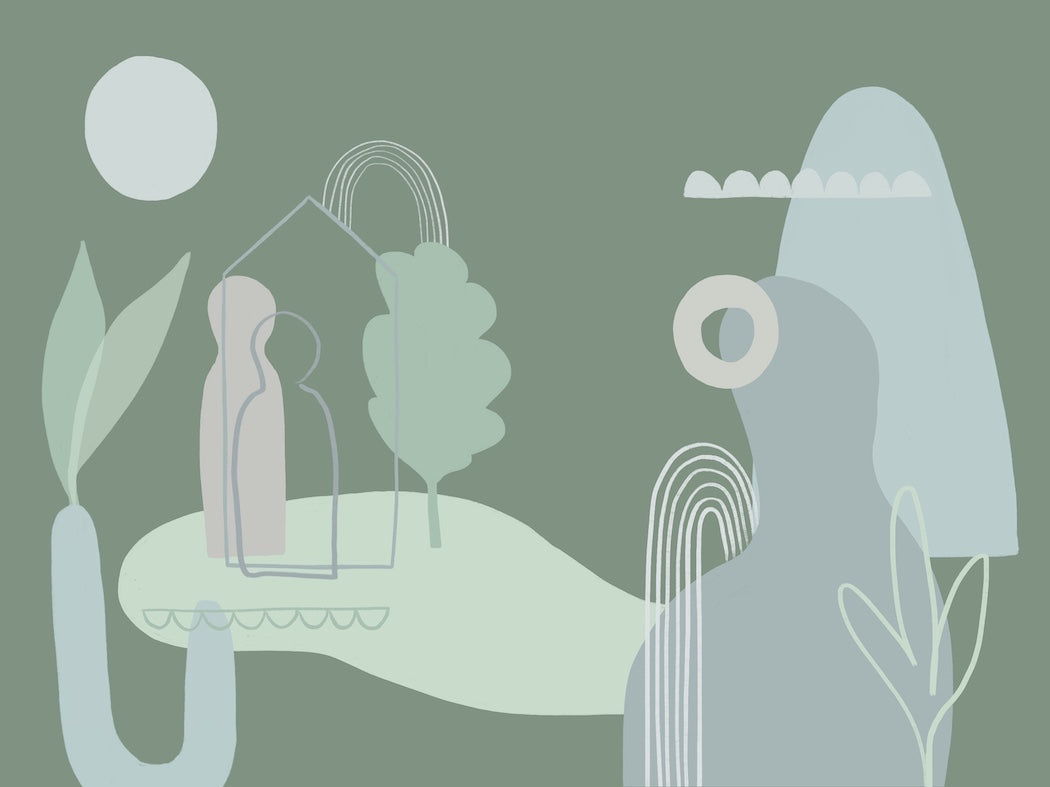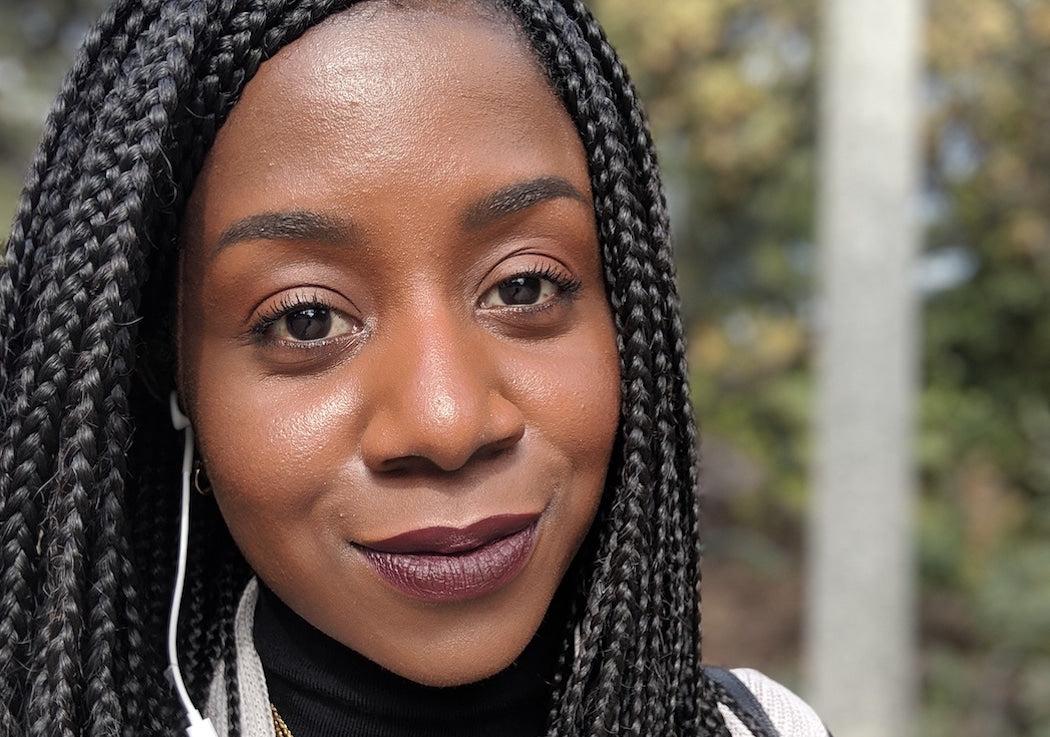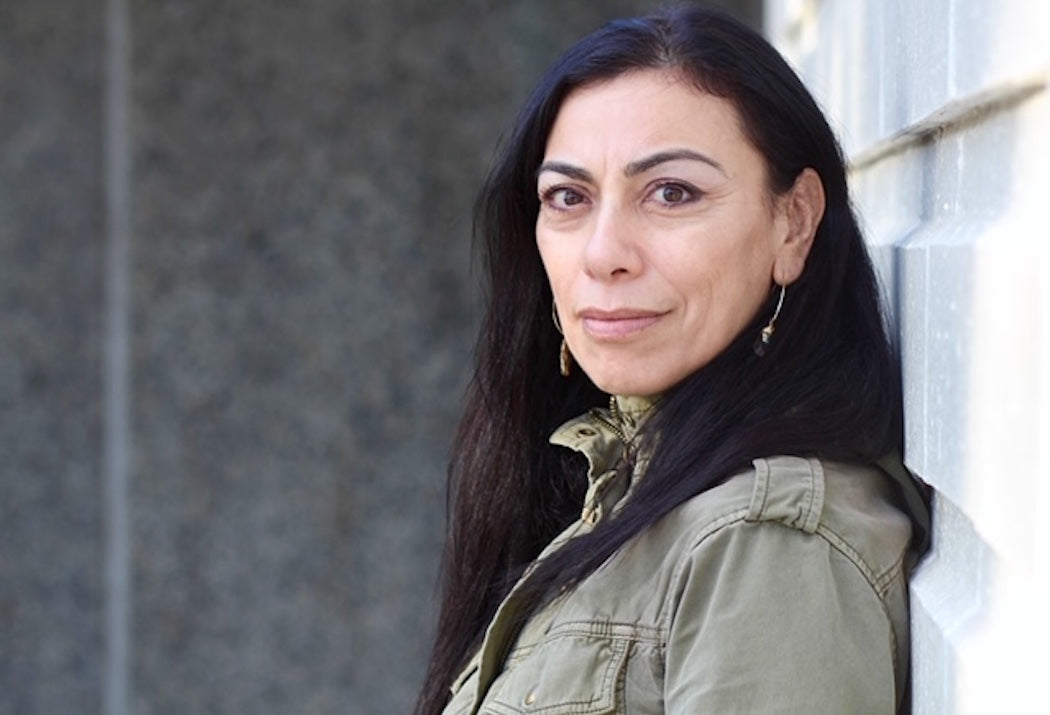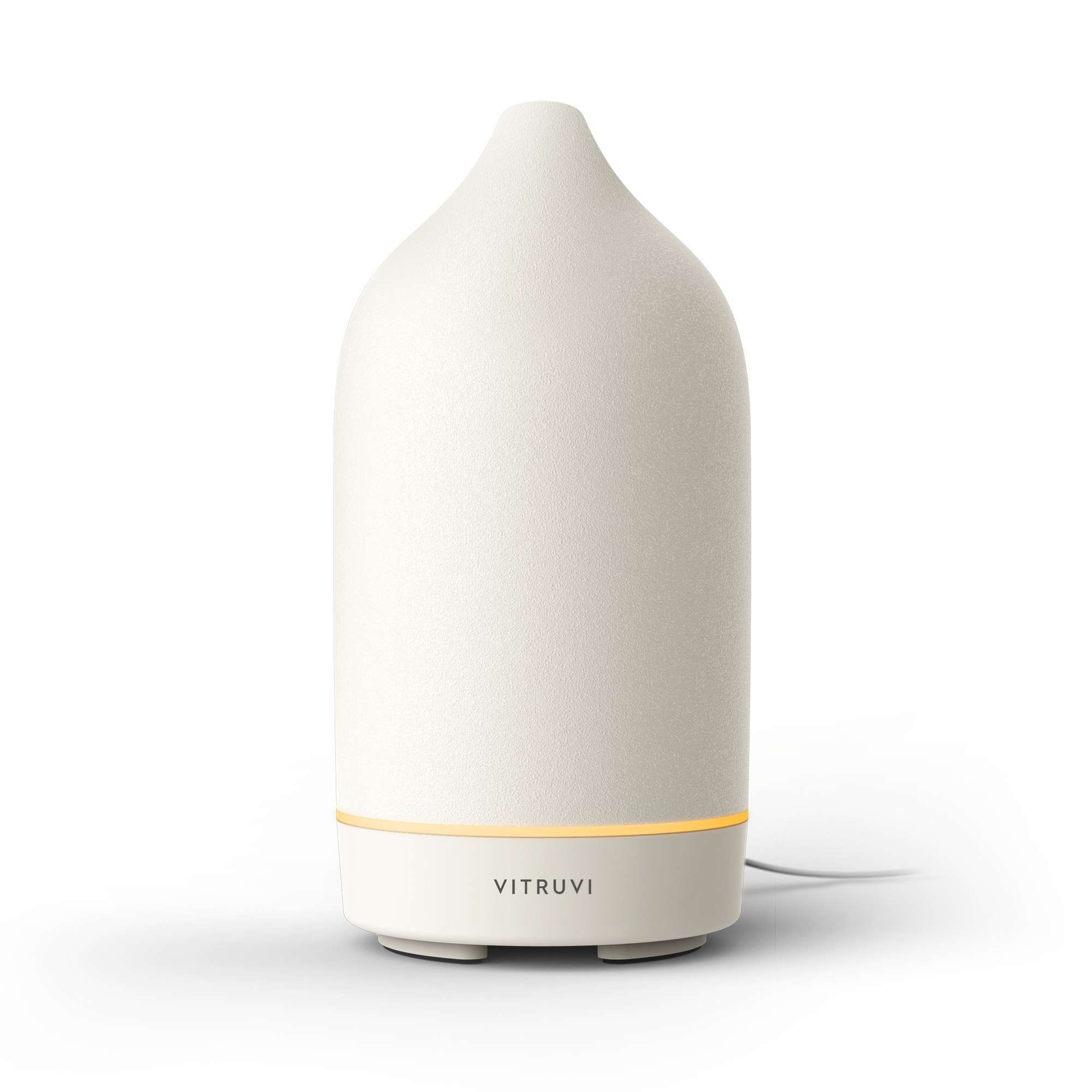Paisley Town had always hated numbers—that is, until she discovered numerology.
“I’m dyslexic with numbers and I still felt very drawn and pulled to numerology,” she says over warm drinks at Buro cafe in downtown Vancouver. “I was so pulled to the numbers, I can’t even explain it. I told people before, ‘I hate numbers, I’ll never work with numbers; I don’t want any job that has to do with numbers ever.’ And now I’m a numerologist.”
Numerology is an ancient philosophy that uses math to draw links between letters and numbers, discerning divine meaning from their connections. It can be traced back to countries including Egypt, China, and Greece, and as such there are different types practiced in different places; the Pythagorean method is one of modern-day’s most common forms, using the calculated numbers of a person’s first name, birth day, and birth month to unearth personality traits, triggers, even suggested career paths. It’s also the type that Town, who works all around the Lower Mainland, practices.
“To me it’s part science and part intuition,” explains Town, who has done readings for employees at companies including Aritzia and Hudson’s Bay. “It’s based on mathematics; it’s a Pythagorean theory and gives energy to the numbers. So if you met someone and their name’s Joey, it’s going to be totally different energy than if you meet someone and their name is Harrison, for example. You’ll relate differently with those people.”
Similar to the case with tarot cards or palm readings, customers go to Town for a number of reasons—from feeling unsure about a new partner, to needing advice on a big life choice, to simply feeling stuck and in need of clarity. Using the numbers and each one’s corresponding elemental sign (air, fire, water), Town provides guidance based on a person’s inherent disposition—for example, she says that water signs generally like structured, methodical jobs, and can advise on career options if a water client is unhappy at work.
“It’s amazing what comes up,” she says of the readings. “I bring people to tears all the time. It’s one of the only careers, probably, where you can make people cry and get paid well.”
Jokes (and tears) aside, Town says the main purpose of her work is not to predict people’s fates, but rather to help them realize that they are in control. “A lot of people come with the idea of, ‘Tell me the future, tell me what’s going to happen for me or to me,’” she says. “And I think one of the things that always comes up with readings is when they leave, they realize they have the power to change their own destiny.”


